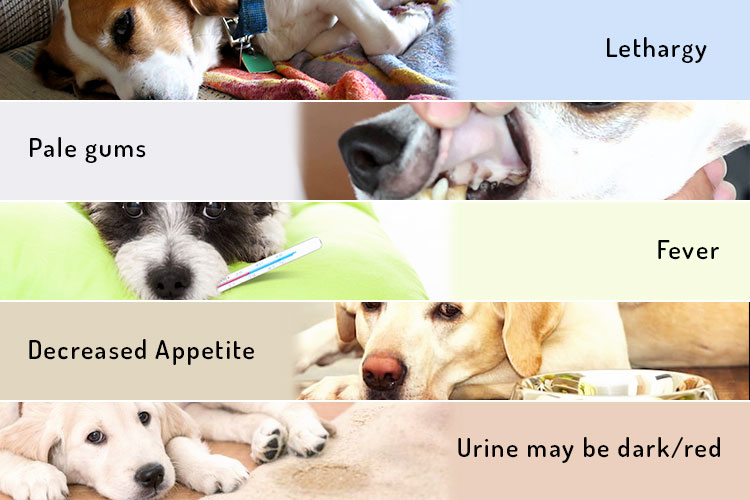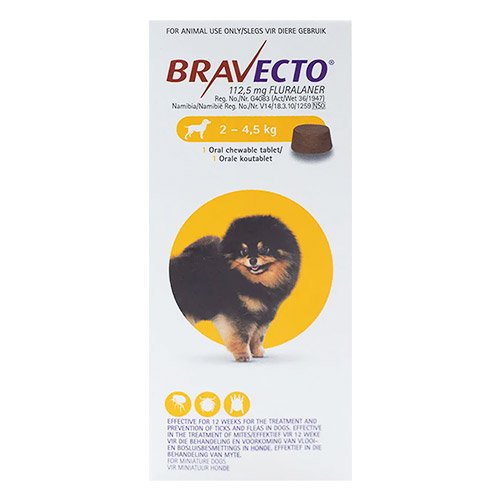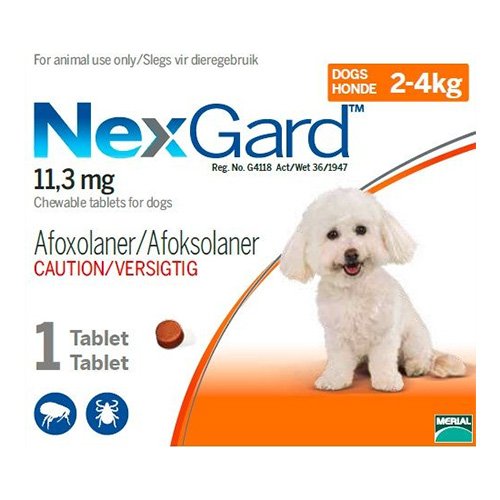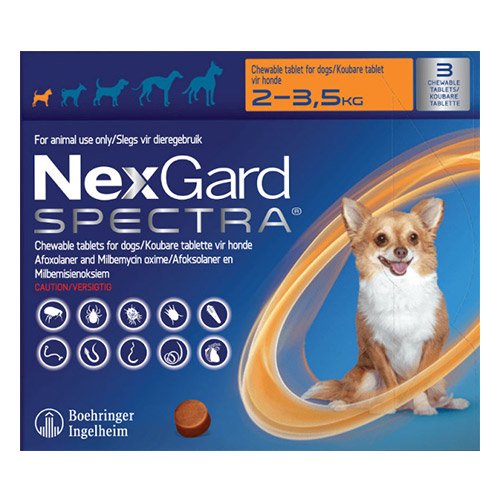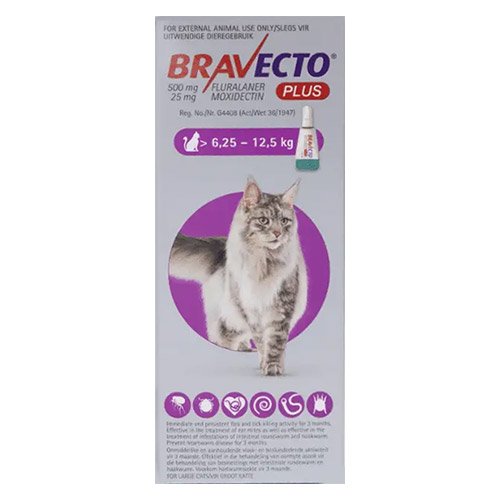-
Popular Brands View All BrandsPopular Brands View All BrandsPopular Brands View All BrandsPopular Brands View All BrandsPopular Brands View All Brands
- Dogs
- Cats
- Brands
- New Arrivals
- Below R150
- Refer & Save More
- National Cat Month

Sep 14, 2018

Biliary is commonly known as ‘Tick Bite Fever’ to most pet owners. It is caused by a parasite which is carried and transmitted by ticks. Being a tick borne disease, it is most prevalent in the hot summer months. Beware though; South Africa does not get cold enough in winter to completely eradicate ticks (some cases develop in winter too).
This is a common disease which may be fatal so identifying early warning signs and practising prevention is vital in reducing fatalities. Biliary is not contagious between dogs, so for dogs in the same family to get infected they would have to be bitten by the same tick, or ticks from the same infected population.
Transmission
The tick carries the parasite in the saliva and mouth. After biting the dog the parasite is transmitted into its bloodstream. Other ticks which aren’t carrying the parasite may pick up the parasite by biting an infected dog. These ticks may transmit the parasite to their eggs, which in turn will make more infected ticks.
Once the parasite is in the bloodstream they multiply in the red blood cells. The body responds by trying to remove the infected red blood cells which may eventually result in anaemia in the dog. Sometimes the body cannot differentiate between the normal red blood cells and the infected ones, which causes further complications with treatment. This is called immune mediated haemolytic anaemia.
What are the Symptoms?
Not all dogs show all the same symptoms, and some don’t have any. The symptoms usually take 10 days to 2 weeks, from the first bite, for symptoms to develop. This is called the incubation period.
Diagnosis and Treatment
Biliary is diagnosed by making a blood smear. The veterinarian will make a small needle prick on the edge of the ear; this creates a drop of blood which is used to make the blood smear on a glass slide. The slide is stained and viewed under a microscope. The parasites can be seen in the red blood cells under the microscope which confirms the correct diagnosis. The parasites appear as tear drops inside the red blood cell.
The parasite is killed by an anti-protozoal drug, with the dosage carefully calculated against the dogs’ weight. Most dogs do not need to be admitted for treatment unless complications have arisen. These complications may include a dog developing immune mediated haemolytic anaemia or if the dog has severe anaemia and needs a blood transfusion and or close monitoring. Blood tests will be done to check the concentration of the red blood cells and if the dog does require a transfusion. Close monitoring is needed for the first few days. Even if the dog is not hospitalised, one should check no complications develop following treatment. A course of cortisone is given to those dogs which develop an immune mediated haemolytic anaemia. If this is the case, regular blood tests will need to be done to monitor the concentration levels of the red blood cells.
Prevention
Biliary is prevented by using monthly tick and flea control. If the ticks are controlled the parasite can’t be transmitted. Some tick and flea products require the tick to bite before the tick is destroyed; this is not a problem as the tick needs to bite and attach to the dog for up to 24 hours before transmitting the parasite. Most tick and flea products destroy the tick long before this.
Tick and flea control can be from spot-on treatments (such as Advantix and Frontline Plus), chewable tablets (such as Bravecto or Nexgard) or tick and flea collars (for example, Seresto). Other ways to reduce the ticks are by using tick and flea shampoo but please don’t rely on the shampoo only for control as the effect is short-lived. There are also dips available. Dipping would need to be done regularly and care must be taken not to overdose and make the dip too strong as this may be toxic to the pet.
Jan 29, 2026
Regardless of their breed and age, all dogs love to munch on treats. Treats are primarily used to encourage good behavior, helping dogs ass...
Jan 16, 2026
Eggs are unquestionably one of the favourite breakfast options for humans. But is this nutrient-rich food equally good for dogs? That&rsquo...



© 2026 BudgetPetSupplies.co.za (MSV Pet Care (Pty) Ltd.) - All Rights Reserved.

